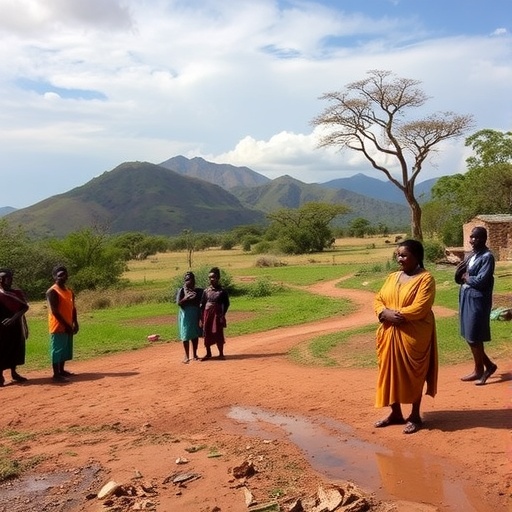The Bayso Community of Gidicho Island in Southern Ethiopia is experiencing profound changes that are reshaping their indigenous belief system, a phenomenon intricately linked to ongoing environmental transformations. A recent study by researchers Fekadu, Hebo, and Emirie has meticulously examined how ecological disturbances on Gidicho Island are not solely ecological concerns but are fundamentally altering the cultural and spiritual fabric of this indigenous group. This research sheds light on the intricate relationship between environmental change and cultural adaptation, offering new perspectives on indigenous resilience amid ecological uncertainty.
At the heart of this inquiry lies a community whose existence is deeply intertwined with the natural environment. The Bayso people have historically maintained a belief system that reveres natural elements, including rivers, trees, and landforms, which are imbued with spiritual significance. Their cosmology and ritual practices are historically synchronized with the rhythms of local ecosystems, forming a symbiotic nexus between cultural identity and environmental stewardship. However, recent environmental fluctuations—ranging from shifting rainfall patterns to soil degradation—are markedly disrupting these ancient bonds.
The environmental changes confronting Gidicho Island are multifaceted. Climate variability has altered precipitation cycles, leading to prolonged droughts alternating with




